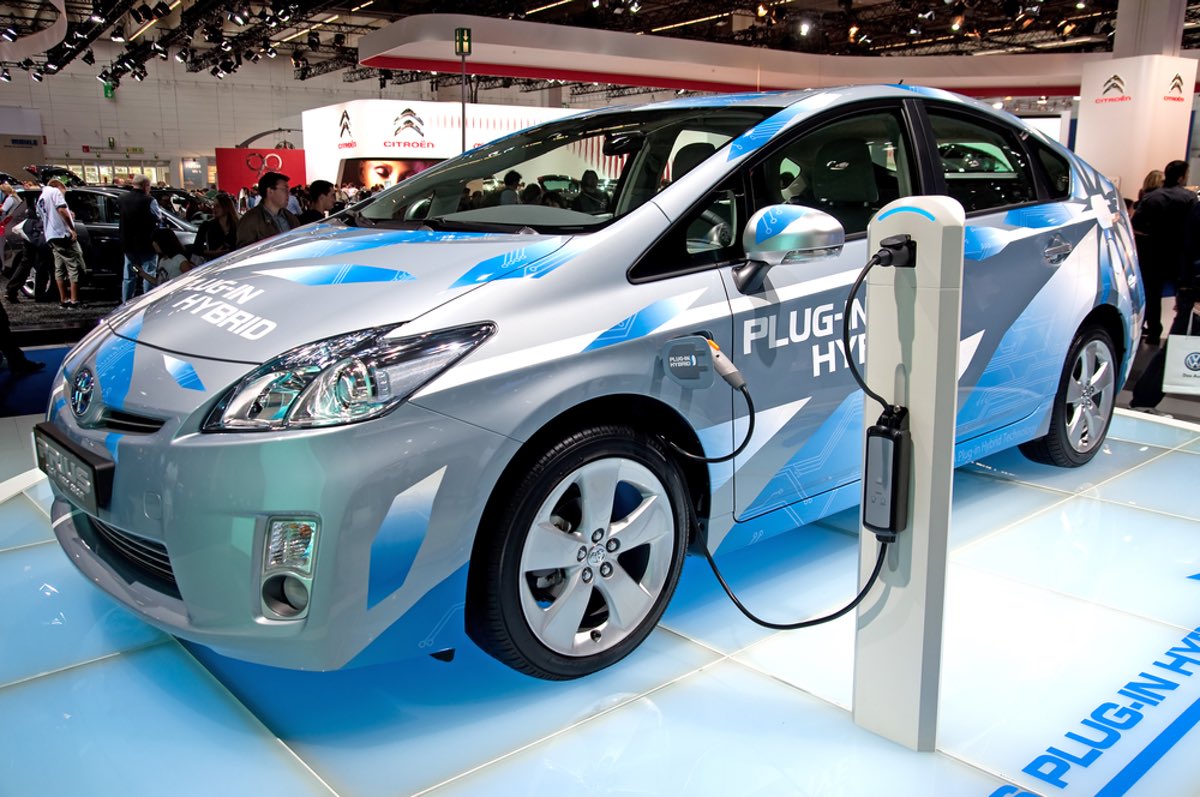Anyone vaguely aware of current affairs will no doubt have taken into their consciousness that there exists Climate Change.
Just a short look through this document (“Climate Change 2022, Mitigation of Climate Change, Summary for Policymakers”, by the IPCC – ‘Intergovernmental panel on Climate Change’) should alarm anyone with critical thinking skills. Indeed, Al Gore promised us the End of Days on more than one occasion. Yet, here we are.
The main mitigation tool adopted to save humanity itself, purportedly from humanity itself, is the electric vehicle.
Electric Vehicles (EVs) are all the buzz of late, punted by governments, self-appointed advisory bodies, and makers of policies about to descend upon your life without your permission, oftentimes without your knowledge.
Putting aside for a moment the ridiculous notion of pushing for EVs in a country which can hardly keep the lights on, the idea that EVs will save us, nay, the planet itself, is also plainly ridiculous.
The carbon dioxide lie
Nature needs carbon dioxide. Trees, plants, and our crops all need carbon dioxide. We need them to give us oxygen and food, they need us to give them carbon dioxide.
In 2018, Rhodes University, South Africa, launched Africa’s first large-scale elevated carbon dioxide plant research facility.
This interesting study shows clearly that raising atmospheric carbon dioxide benefits crop growth. This study was done, among other things, to research how to grow crops in areas where there is drought.
“Adding elevated CO₂ to unwatered plants resulted in the same growth and yield as irrigation at ambient CO₂. This shows that elevated CO₂ had the same effect on plants as daily irrigation and thus completely compensated for drought. When given additional CO₂, plants needed less water, because they could partially close their leaf pores and avoid water loss.
Irrigated maize yields increased with added CO₂.”
All governmental “information dissemination” on the matter is designed to have people believe that carbon dioxide is a problem. It is not. It is vital.
The definition of ‘carbon footprint’ is the total amount of greenhouse gases emitted by a person, family unit, organisation etc. This is usually expressed as a carbon dioxide, given that this the bulk of what is described as ‘greenhouse gases’.
That the Environmental Protection Agency (EPA) applauds the reduction of carbon dioxide is baffling, to say the least.
It is clear that reduction in combustion engine use, replaced by electricity use for car-charging makes no sense.
Materials used in various batteries are poisonous to the earth and all its inhabitants
EVs are not “clean energy” by any means. Aside from the fact that they use electricity, requiring coal because renewable electricity methods simply do not suffice (a fact which seems to escape public consciousness), the elements used in them and the way in which they are mined are detrimental to the environment and many communities’ health. I will venture to say that it is a human rights and health crisis.
The lithium-ion cells powering most electric vehicles rely on raw materials, such as cobalt and lithium. These elements have been linked to serious environmental and human rights concerns including child labour and “artisanal” mining.
For example – communities where cobalt is mined in the Democratic Republic of Congo (DRC), have experienced severe illness. In the DRC, as much as 70% of the world’s cobalt is mined.
Lithium is mined in Australia and in Andean regions in South America, where large amounts of groundwater is used for this purpose, and negatively affects indigenous farmers and communities.
The rare earth metals concentrated in China, used in rechargeable batteries, often have radioactive materials in them, which apparently can emit radioactive water and dust. This has far-reaching abysmal consequences.
It is horrifying that this is not on the radar of the various intergovernmental organisations tasked with, or rather incentivised, to force us to use these materials, or else…
Detrimental to the environment and all living creatures to say the absolute least.
Internal combustion engines are here to stay
Heavy-duty vehicles, stationary engines and machinery and such categories cannot run on electric engines. They will always need normal internal combustion engines. Think trucks, factories, all our basic needs.
Notwithstanding the current geopolitical climate of high oil prices and the general ill-advised push to EVs, internal combustion engines are, no doubt, here to stay.
The long-term future for electric vehicles is debatable. Apart from relying on electricity, and so relying on coal, they also make for a difficult transition given the need for adequate and ample charging stations and an organised infrastructure to support such a project.
This is not something easily done by first world countries. I will not enlarge on why South Africa would not cope with such a venture. The recent announcement of the new ‘Yakh’iFuture’ project, supported by our government, to upskill engineering students to push us towards EVs, with a hefty investment by the United Kingdom, is another tragic waste of funds and skills.
It is noteworthy that countries which have pushed an agenda to reduce coal use, oftentimes need to ramp up coal use when necessary.
It serves us to note, that those punting EVs have much to gain, whether it be financial gain or political points. The general public supporting this are usually good people who sincerely believe they are supporting a good cause which will help the planet. After all, who wouldn’t want to “save the planet”, and thereby themselves?
This is not to say that we should pollute the earth, the air, the water, our soil. Of course not. This is to say we must oppose being lied to. We must always stand for the truth. We must always be wary of those informing us of our impending doom and how they will save us from said doom.
1st published here.

